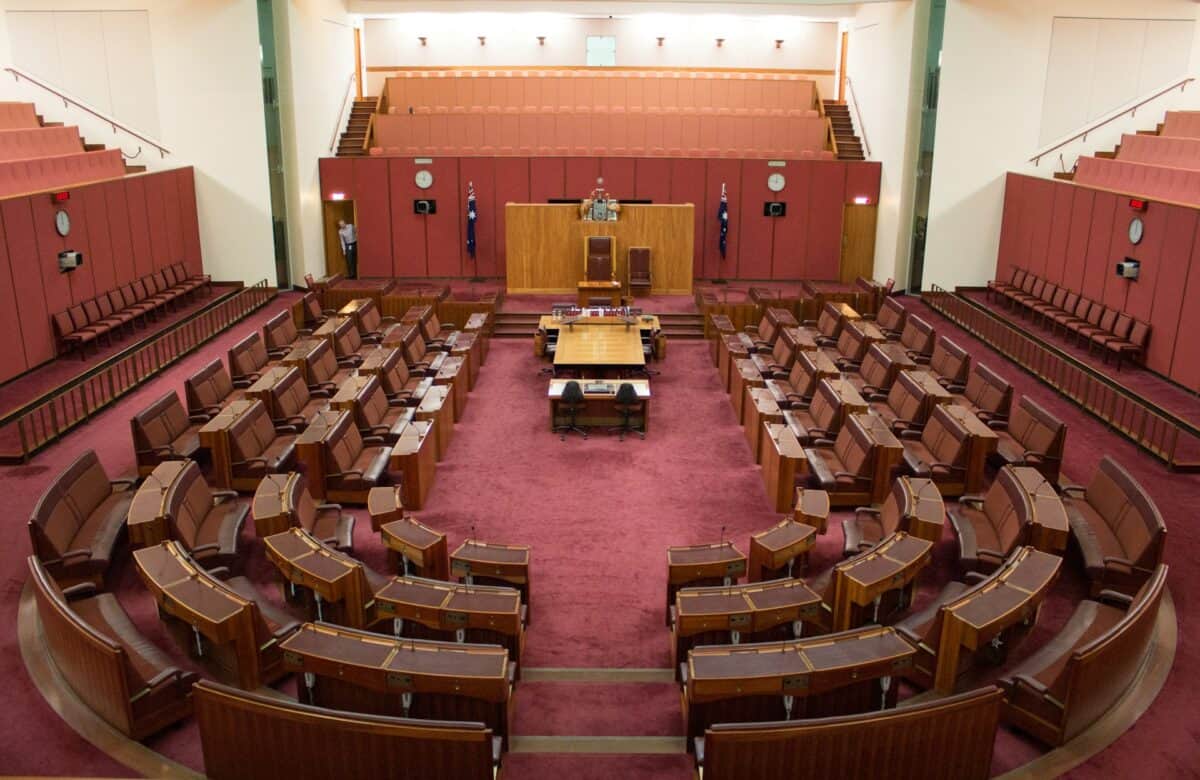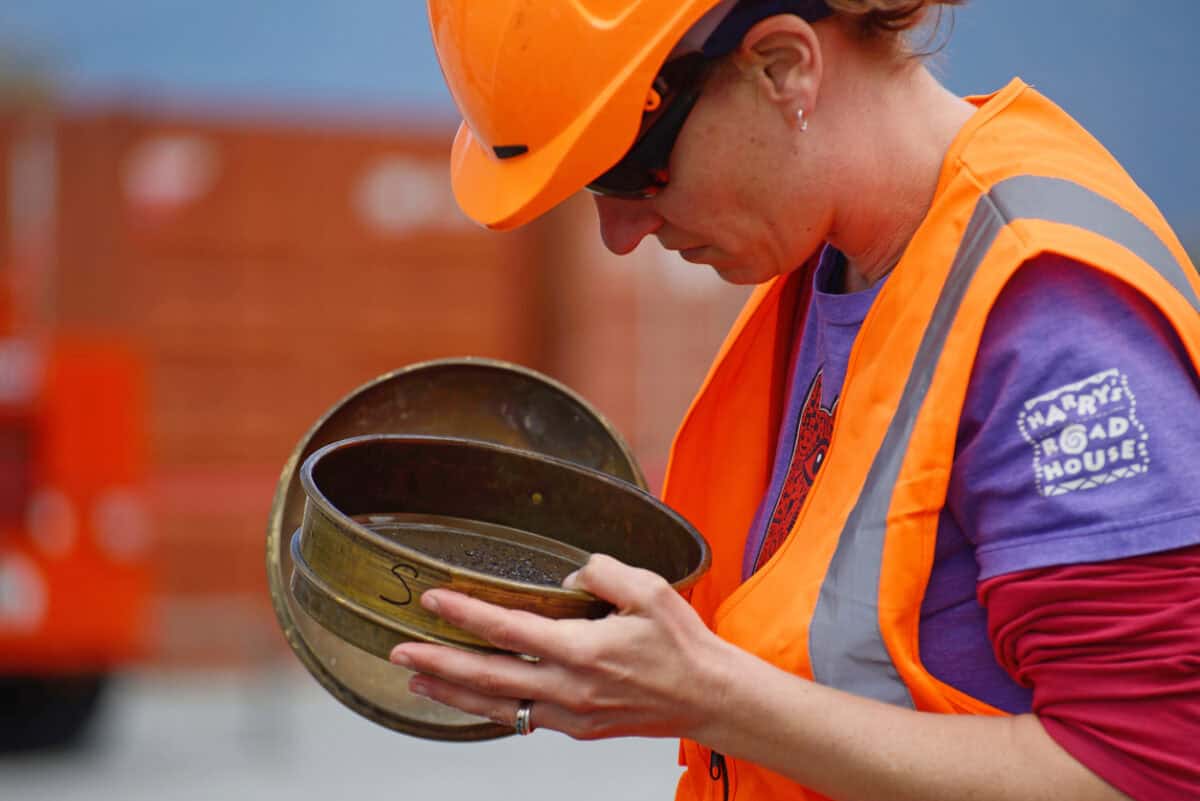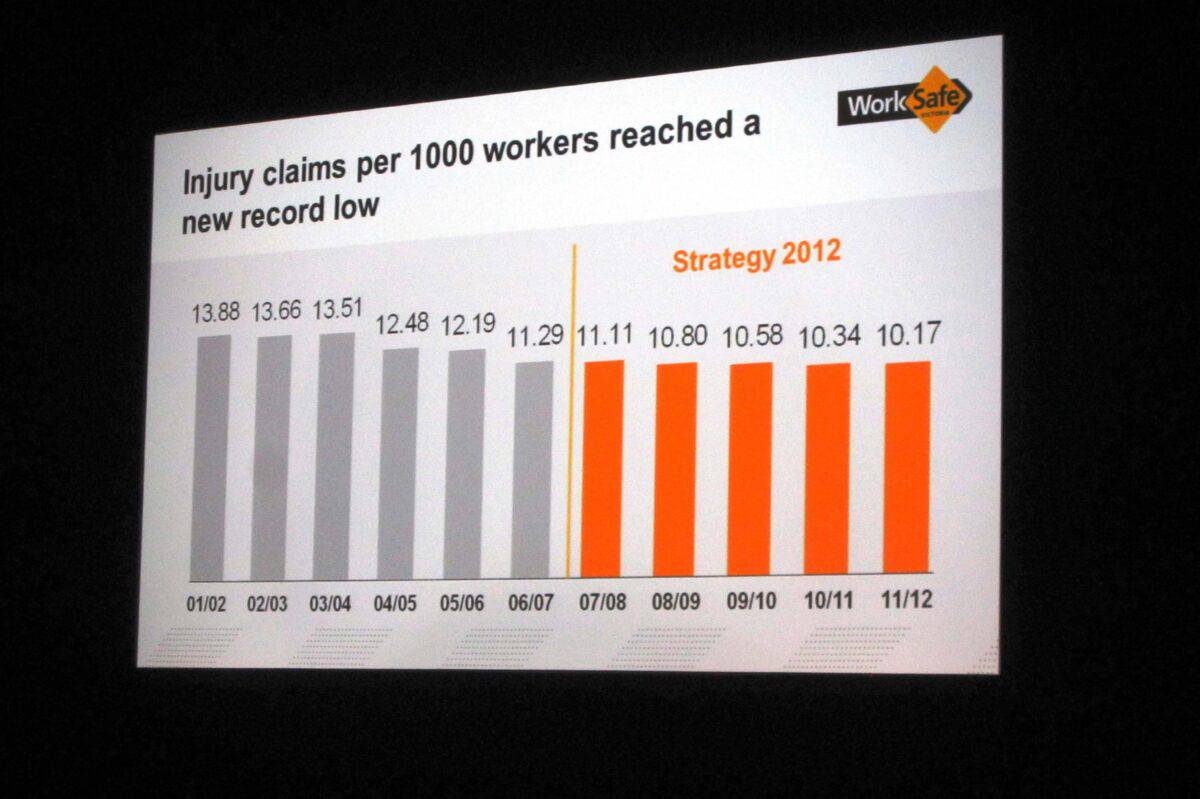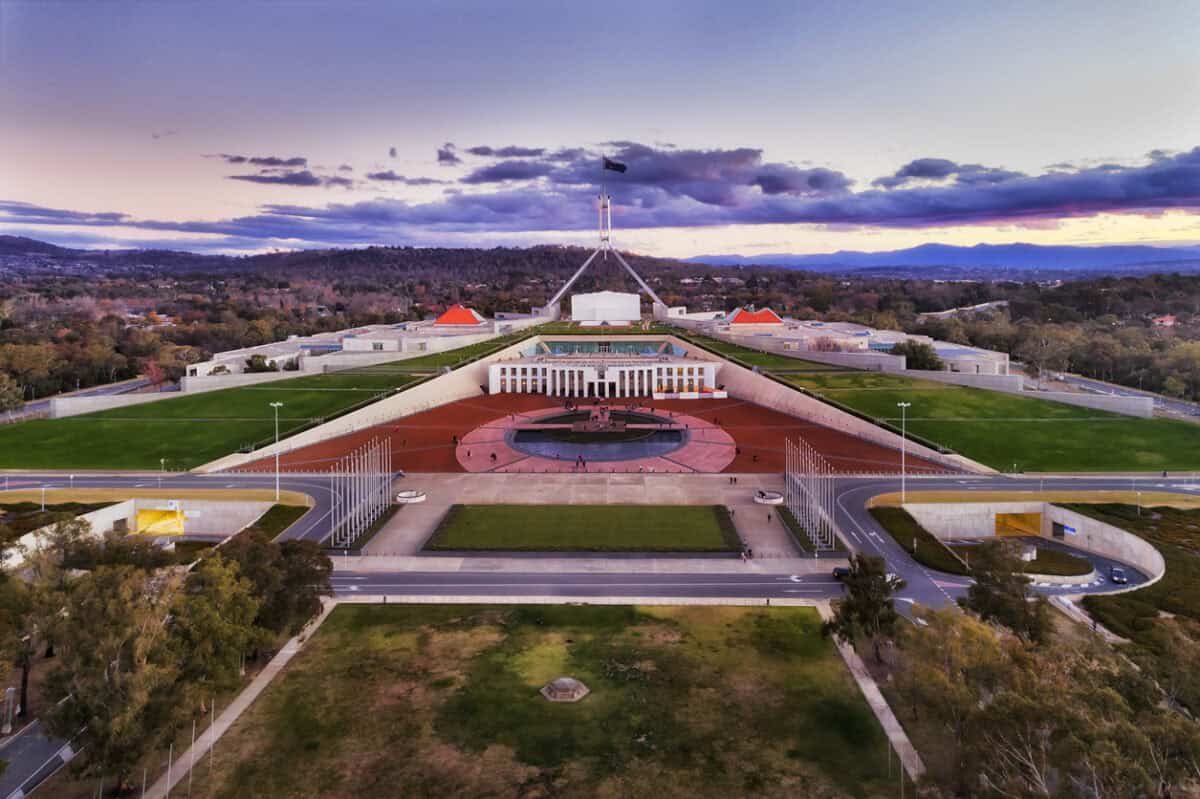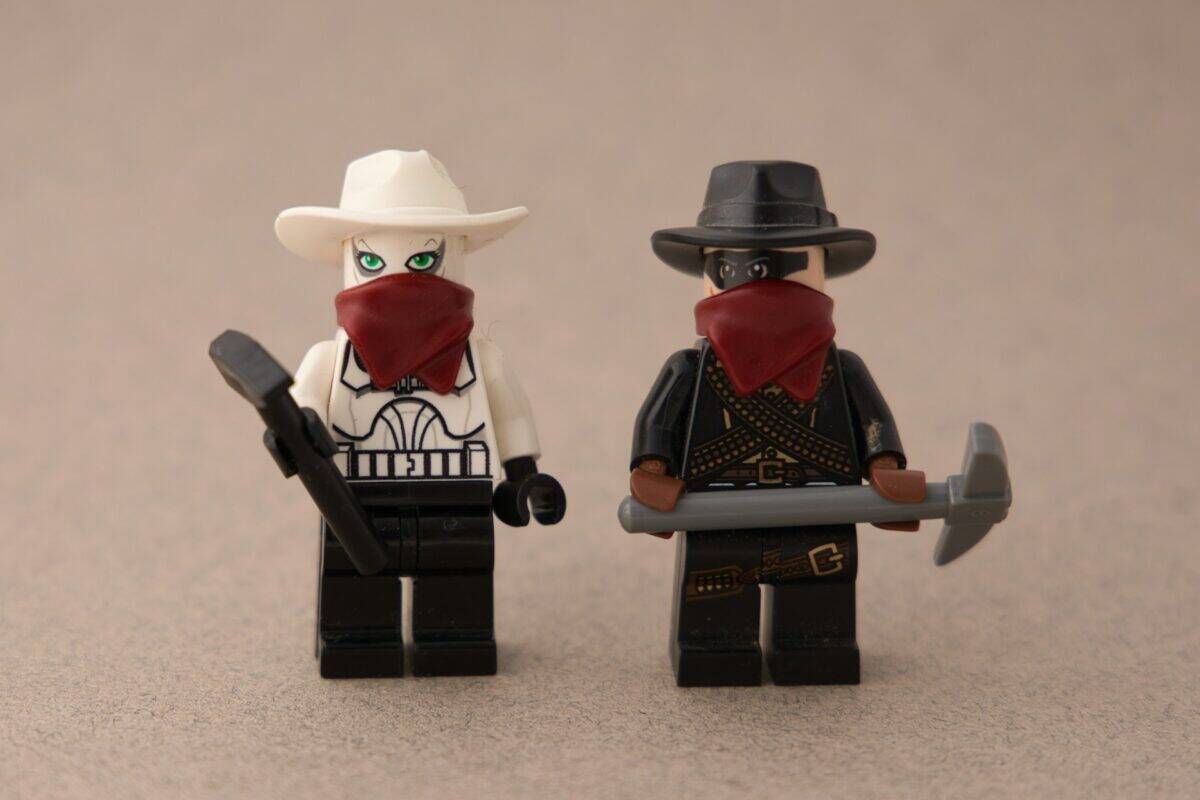Mental health in the construction industry is a perennial occupational health and safety (OHS) concern – high levels of suicide, suicide ideation, depression, anxiety, etc, – the usual suspects. Research into this has been robust in Australia, with the work of Professor Helen Lingard and the Construction Industry Culture Taskforce, among others. Recently, I heard about the Wellness in Infrastructure organisation for the first time.
Category: safety
Lazy Senators Are Not Doing Their Job
Safe Work Australia’s (SWA) executives are obliged to attend meetings of Senate Estimates committees to answer questions from Senators about their portfolios. Sometimes these can be tense and robust. Sometimes these appear to be a waste of time.
Across the Ditch: What New Zealand’s OHS Survey Reveals About Gender, Influence, and Industry
The latest edition of New Zealand’s excellent occupational health and safety (OHS) magazine, Safeguard (long may it reign…. in hard copy), included its annual income survey of OHS professionals. Some Australian organisations also do this, but their findings can be expensive to access.
I ran Safeguard’s data summary through AI to provide a text-based profile of a “typical” NZ OHS professional. It offers an interesting contrast to what we have in Australia.
Pop Psychology Isn’t a Safety Strategy
Last week, I attended a webinar on psychological safety that confirmed all of my worst fears about the Human Resources approach to addressing psychosocial factors and mental health at work.
When Safe Work Month Shrinks and Psychosocial Hazards Expand
WorkSafe Victoria used to launch National Safe Work Month (or Safe Work Week as it started out) in a big way in Melbourne. They tried something similar when it relocated to Geelong, but this year, there was nothing of the same magnitude. There was some strong publicity benefit from having a big half- to full-day event at the start, but apparently, there was no additional benefit beyond that.
I would argue that the big event for this year’s safety month is the “Psychological Health Regulations: A focus on risk management” webinar on October 27, 2025. The new regulations and Compliance Code are what everyone seems to be talking about. For contrast, I have reviewed some of the presentations from the opening of WorkSafe Week in October 2012 by WorkSafe and VECCI.
OHS and Politics
In support of Australia’s Safe Work Month, I have recorded a 12-minute opinion piece on how Australian politics since 2010 has affected the perception and development of occupational health and safety, based on past SafetyAtWorkBlog articles.
It is an interesting opportunity to reflect on the decisions and actions of influential individuals like Julia Gillard, Kristina Keneally, Jeff Lawrence, and David Gregory.
Workplace safety reform is happening but you probably won’t hear about it in the headlines
Occupational health and safety (OHS) can feel like a humdrum career when working in a low-risk, well-managed organisation. But the wheels of change roll on. Here’s a quick sample of some of that activity over the last week or so that you are unlikely to see elsewhere.


